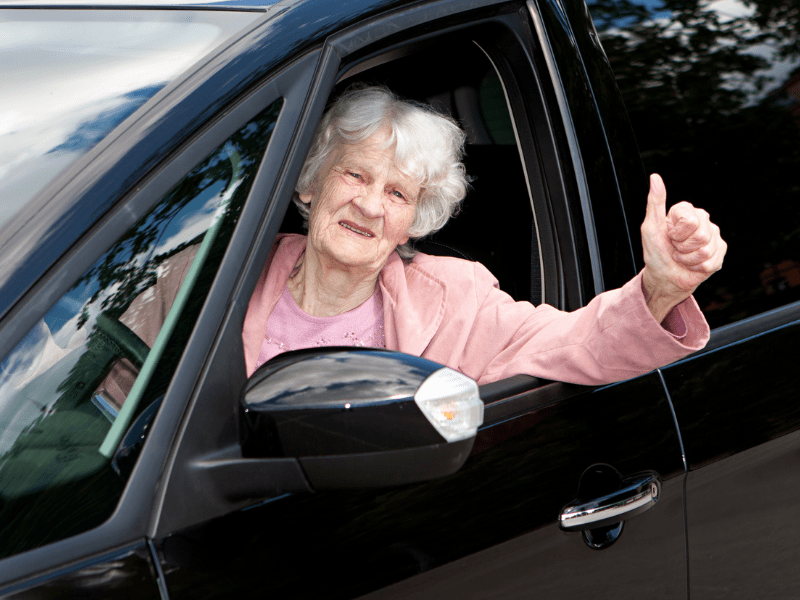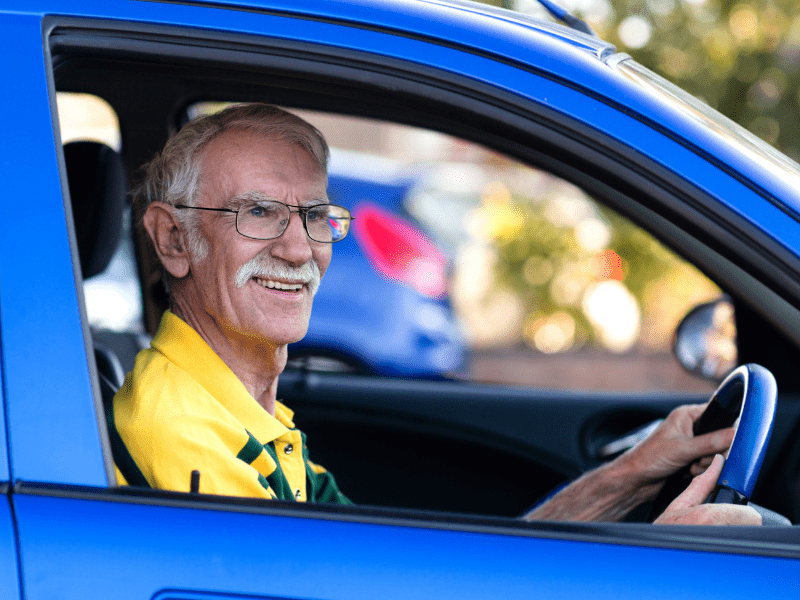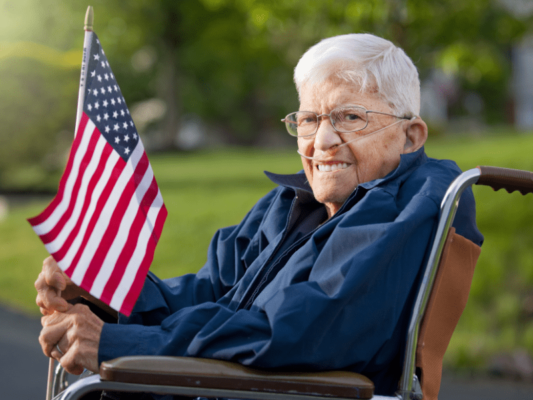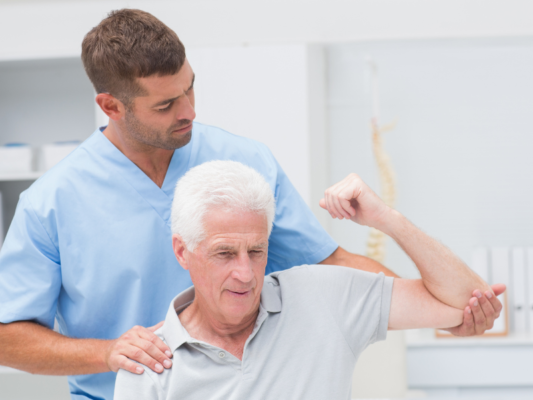When you work closely with families to ensure their loved one’s safety and happiness like we do at Caring Family Home Health, the question of safe driving frequently comes up. AAA studies show older adults as very safe drivers compared to other groups. Why? Because they’re more likely to observe speed limits, wear safety belts, and generally abide by common sense driving rules. Nonetheless, there may come a time when you’re worried about your loved one being behind the wheel.
Signs of Decreased Safe Driving Ability
Driving represents freedom for many people. So when discussions arise about giving up those keys, disagreements often ensue. So what are some of the signs you can share with your Senior loved one to help them understand the seriousness of the situation?
Watch for These Driving Behaviors
- Getting lost regularly
- Driving too slowly or too aggressively
- Not obeying traffic signs
- Not paying close attention to the proximity of other vehicles, pedestrians, or bicyclists.
- Wandering out of the lane
- Hearing comments from other family members or friends about close calls
- Damage to the vehicle
- Traffic tickets
Watch for These Physical Issues
- Confusion
- Difficulty following instructions
- Dizziness
- Fatigue
- Forgetfulness
- Hearing loss
- Squinting
- Tripping regularly
Physical issues arise commonly as we age, but each can impact how safe a person is behind the wheel. While some in-home physical therapy services like those Caring Family provides in the Philadelphia, PA area may help if your loved one’s issues are from an injury, it’s only one part of a much bigger picture that includes eye and hearing tests.
Check your area for places offering diving assessments. Make sure they’re state-certified and have some experience with the senior population. There’s no question it may be a struggle to get your senior loved one’s agreement here. One option is saying that you’ll drop the matter if the assessment shows they are safe to drive.
Alternative Transportation
Surrendering a driver’s license is a life-changing event. Our society relies heavily on automobiles for so many tasks. So, you now have to work on offering your loved one alternative means of transportation.
Ideas include:
- Ridesharing
- Public Transportation
- Call-and-Ride programs
- Friends and family
Beyond this, if you have a home health aid from Caring Family, they can drive your loved ones to many places. This means you know your loved one is safe and has proper assistance. In the meanwhile, that service frees you up for other personal responsibilities.
If you don’t have an in-home caregiver but have been thinking about one, reach out to us via our online contact form or email mail@caringfamilyhealth.com. We have offices in Feasterville, PA, and Allentown, PA where you can call one of our advisors, too.
Phone (844) 818-0039





